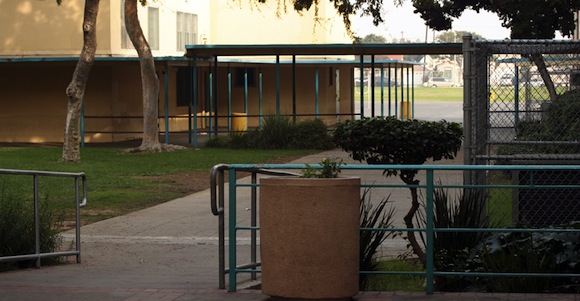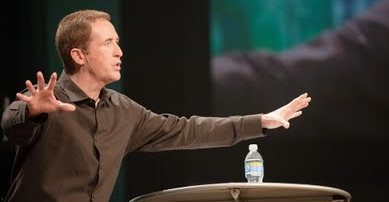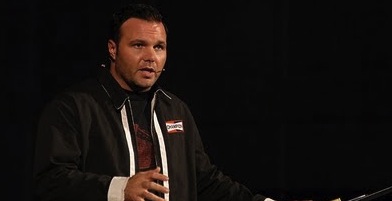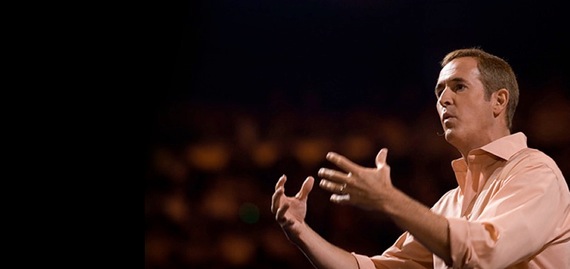 Worship is an abstract concept. Worship is anything that we do in response to God for who he is and what we've done. While simple in statement, the reality is it can be a difficult thing to grasp. Despite it being difficult, not only do I think middle school students can grasp this, I think that often they understand worship better than many adults. In middle school ministry one of our primary goals is to lead our students in the worship of Christ. All our students are worshippers, so as leaders we try to guide them to worship Jesus, not just in song, but with all of their life. We want our students to worship Him in their homes, as they go to school, and as they gather together with the Church.
Worship is an abstract concept. Worship is anything that we do in response to God for who he is and what we've done. While simple in statement, the reality is it can be a difficult thing to grasp. Despite it being difficult, not only do I think middle school students can grasp this, I think that often they understand worship better than many adults. In middle school ministry one of our primary goals is to lead our students in the worship of Christ. All our students are worshippers, so as leaders we try to guide them to worship Jesus, not just in song, but with all of their life. We want our students to worship Him in their homes, as they go to school, and as they gather together with the Church.
But beause of the place that we find middle school students, how can we teach something as abstract as worship? When it comes to corporate worship, how can we teach them how to worship in that environment? When it comes to our personal life, how can we teach them how to worship in all that they say and do?
Show Middle Students How to Worship
During one of our retreats, there was an interesting moment when I looked around the room as students were worshipping through song. I noticed that as we transitioned from the jump-around, "undignified," style of singing many of our students were still engaged in singing to God as we sung an ancient hymn. This is not typically what I'd expect in a room full of junior high students, but then again, why should I expect anything different.
Why did these students seemingly get it? What I noticed about this time was that the way many of our students worshipped publicly was an imitation of the way our leaders worshipped through song. And I'm not talking just about the leaders on stage. But as I looked around the room at our leaders scattered throughout the room, I saw students looking to them for leadership. It was an important reminder to me that we are all worship leaders.
If you lead middle school school students, how are you modeling worship when you are gathered to worship corporately? If you parent middle school students, how to you model a life of worship in all of your life? When you are in conversations and spending time with middle school students you serve, how are you modeling what a life of worship looks like? The best way to teach middle school students how to worship is not from the stage, but having people who demonstrate the worship of Christ in all that they say and do.
Photo Credit: Elaine A

 Apple is one of my favorite companies that exists, and
Apple is one of my favorite companies that exists, and  Everywhere you look, somebody is using 3D to promote something. DVD players are 3D capable, television sets tout their 3D features, and even old movies are re-released as new 3D movies. 3D may be simply a fad, but regardless it is fun to have the capabilities to shoot a 3D video to show off. When we recently filmed some short 3D videos to help with our
Everywhere you look, somebody is using 3D to promote something. DVD players are 3D capable, television sets tout their 3D features, and even old movies are re-released as new 3D movies. 3D may be simply a fad, but regardless it is fun to have the capabilities to shoot a 3D video to show off. When we recently filmed some short 3D videos to help with our 
 Set both videos up in the timeline layered one on top of each other. You'll want to make sure that your videos are perfectly in sync and mute whichever audio is not needed.
Set both videos up in the timeline layered one on top of each other. You'll want to make sure that your videos are perfectly in sync and mute whichever audio is not needed.







 One of the great visionary leaders of our time died. His life, his innovation, and his leadership is inspiring.
One of the great visionary leaders of our time died. His life, his innovation, and his leadership is inspiring. Catalyst is one of the
Catalyst is one of the